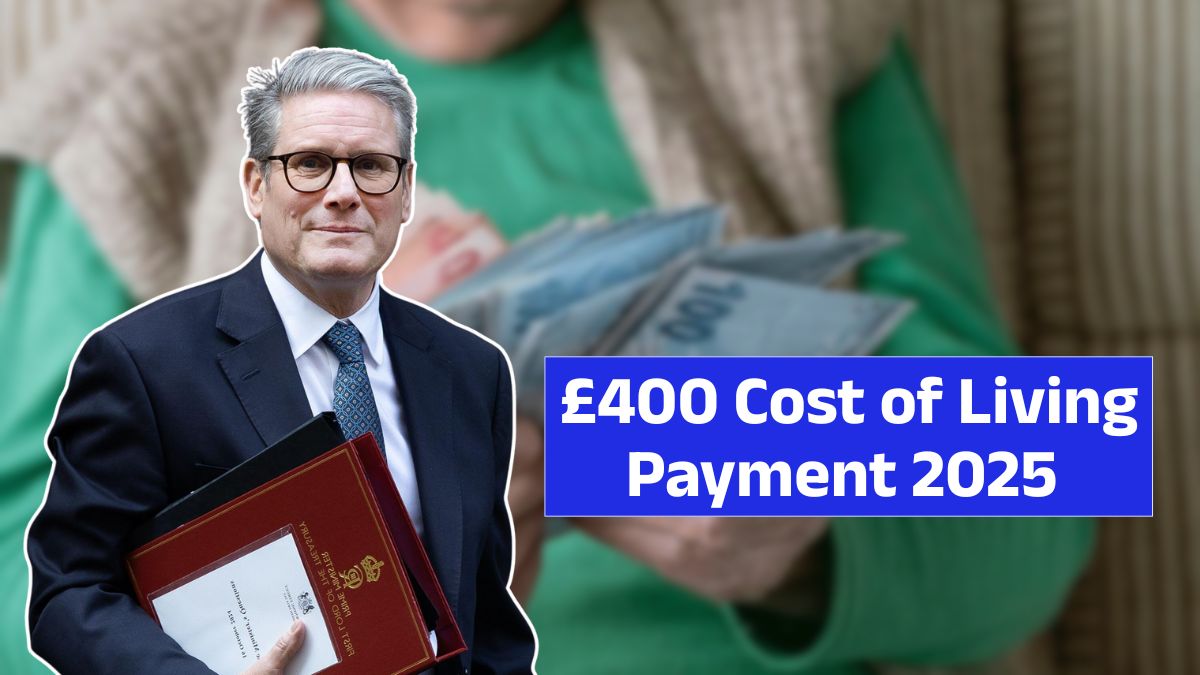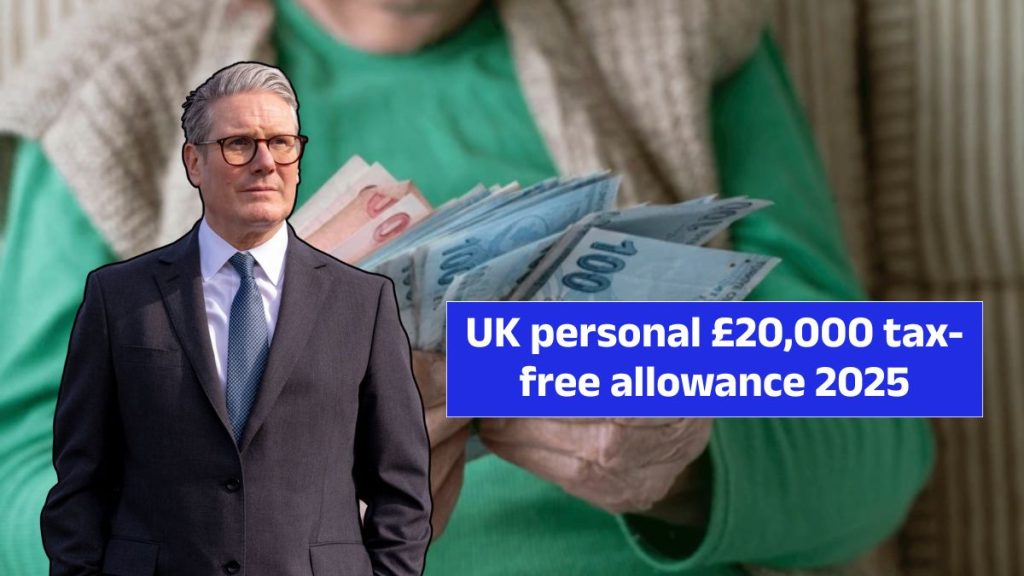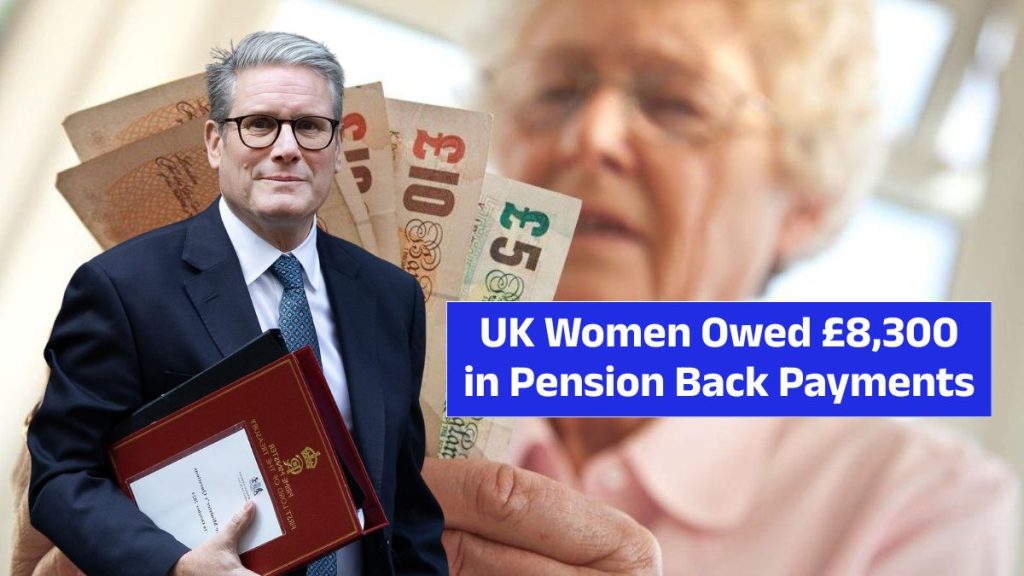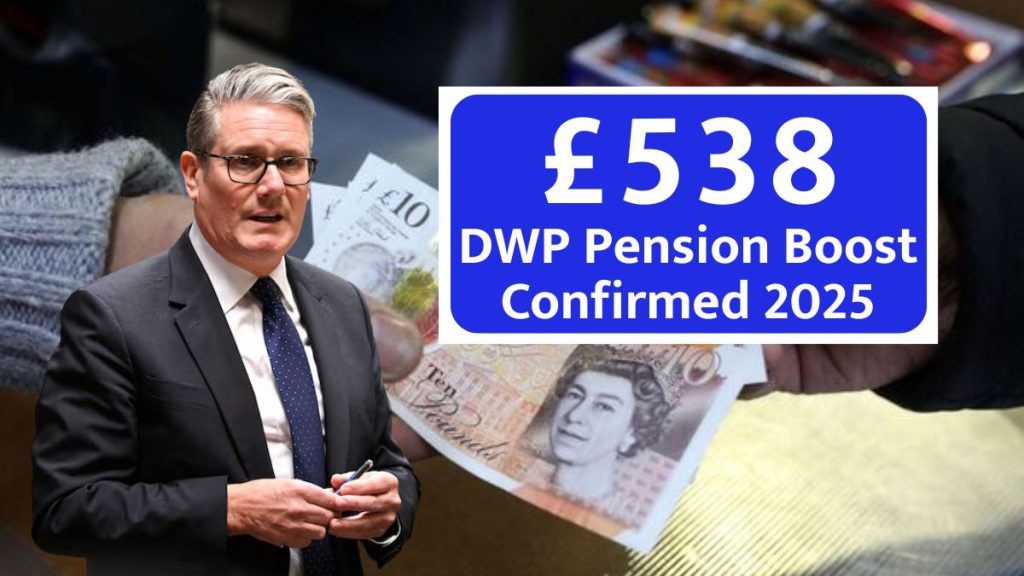In recent months thousands of older women across the UK have been told they may be entitled to significant back payments on their State Pension.
The average sum reported is around £8,300 per woman, but in some cases, the repayments run into tens of thousands of pounds. These payments are not new benefits but rather a correction of long-standing government errors in pension calculations.
For many women who endured years of financial strain in retirement, this represents long-overdue justice.
Who Is Affected by the Pension Underpayments?
The underpayments primarily affect women who reached State Pension age before April 2016.
Groups most likely to be affected include:
- Married women whose pension was not automatically increased to 60% of their husband’s basic State Pension.
- Widows who should have inherited a larger share of their late husband’s pension.
- Divorced women who were eligible to use their ex-husband’s National Insurance record but were not given the adjustment.
- Over-80s who qualified for a non-contributory pension top-up but never received it.
These errors mean many women unknowingly lived on lower pensions than they were entitled to for years, even decades.
How Did These Mistakes Happen?
The issue stems from the complex and outdated pension system before 2016.
- Pension rules relied heavily on manual updates and paper records.
- While some adjustments were meant to be automatic, in reality, women often had to apply to receive their rightful increases.
- In many cases, the Department for Work and Pensions (DWP) failed to notify women or process the adjustments correctly.
These systemic flaws went undetected until recent government reviews exposed the errors.
How Much Money Will Be Repaid?
The government has allocated billions of pounds to fix the problem.
- The average payout is estimated at £8,300 per woman.
- Some will receive smaller sums, between £1,000 and £3,000.
- Others, particularly widows or women underpaid for decades, could see repayments of £40,000 or more.
Crucially, these payments are not means-tested, meaning women are entitled to them regardless of savings or other income.
How Are Women Being Contacted?
The DWP launched the State Pension Underpayment Correction Exercise in 2021.
Eligible women are being contacted directly and can expect:
- A letter explaining the underpayment.
- A recalculated pension showing the correct ongoing amount.
- A lump-sum back payment covering years of missed entitlement.
The review is expected to continue until at least 2026, due to the large number of cases involved.
What Should You Do If You Think You’re Owed?
If you suspect you may have been underpaid, here’s how to act:
- Check your pension statements against entitlement rules.
- Use online calculators offered by pension advisory groups.
- Contact the Pension Service through the official DWP helpline.
- Request a review in writing if you believe errors exist.
- Seek financial advice if divorced, widowed, or uncertain about your entitlements.
You do not need to pay third-party claims firms. The process can be initiated free of charge directly through government channels.
Stories of Life-Changing Back Payments
Real-life cases underline just how important these repayments are:
- A widow in her late 70s received nearly £40,000 in back payments.
- A divorced woman discovered she was owed £12,000, easing years of financial stress.
- Many describe the money as life-changing, helping with heating bills, debt repayment, or simply peace of mind.
Sadly, for some, these corrections come too late. In such cases, surviving families may still be able to claim on behalf of deceased pensioners.
Impact on Trust in the Pension System
The scandal has triggered widespread concern over how pensions are managed in the UK.
- The Public Accounts Committee has criticised the DWP for relying on outdated systems.
- Many argue these mistakes highlight gender inequality in retirement incomes.
- The issue has eroded public trust, with campaigners demanding greater transparency and accountability.
This case has also highlighted the complexity of the pre-2016 pension system, stressing the importance of regularly checking entitlements.
What This Means for Future Pensioners
While most underpayments affect those who retired before 2016, the lessons are vital for the future:
- The government has pledged to modernise systems to avoid repetition.
- The new State Pension system is designed to be simpler and more automatic.
- Campaigners continue to push for clearer communication from DWP to pensioners.
For those approaching retirement, the key message is: stay informed and regularly review your pension entitlement.
Will Everyone Affected Receive Their Money?
In principle, yes. The DWP has committed to reviewing all relevant cases and issuing repayments.
However, there are concerns:
- The process is slow.
- Some women may still be overlooked.
- Families of deceased pensioners may need to actively pursue claims.
Relatives are encouraged to check their loved ones’ pension records if they suspect underpayments.
How to Stay Updated on the Review
To keep track of progress, pensioners and families should follow:
- The official Gov.uk updates on the correction exercise.
- Independent pension advisory services.
- Trusted UK news sources covering retirement and pensions.
Staying informed is essential to avoid missing out.
FAQs on Pension Back Payments
1. Who is most likely to be owed back payments?
Women who retired before April 2016, especially married, widowed, divorced, or over-80s.
2. How much money could I get?
The average is £8,300, but some women may be owed tens of thousands.
3. Will my savings or income affect the payment?
No. These back payments are not means-tested.
4. How do I check if I’m affected?
You can contact the Pension Service, use online calculators, or review your pension statements.
5. Can families of deceased pensioners claim?
Yes. In many cases, surviving spouses or relatives can receive the money owed.
















